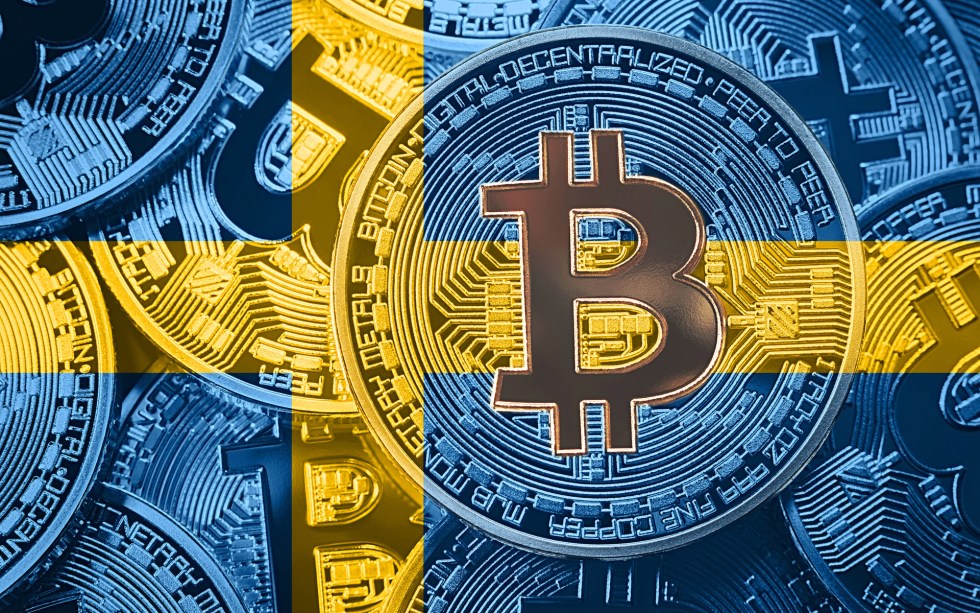Hackers convinced Twitter to give them control of the account for Sweden’s ruling political party – then used it to change the country’s official currency to Bitcoin.
Swedish Government: ‘Time To Buy’ Bitcoin
Speaking in an interview with local news outlet Trijo, one of the five hackers involved in the stunt this week said he did it because he thought socialism “was wrong.”
The debacle broke out April 15 when the Social Democrats’ official Twitter page began broadcasting suspicious messages.
Among them was a wish to shun fiat currency altogether and instead make Bitcoin the official currency of Sweden.
We have abolished the Swedish krona and replaced it with Bitcoin,” a now deleted tweet read, telling Swedes it was “time to buy.
‘A Step Ahead Of Tech Support’
The hijack lasted only around 30 minutes before Twitter understood that something was wrong. Nonetheless, the hackers had succeeded in convincing the company’s technical support that they were the rightful owners of the account – in this case, Sweden’s government.
“You understand that hacking is no longer defined by rooting a server to obtain state secrets,” the group member told Trijo.
Hacking these days is about being a step ahead of technical support.
The path to gaining control of the handle had involved changing phone numbers and email addresses, and even submitting fake documentation, which Twitter accepted.
“I simply think socialism is wrong,” the hacker said when questioned about his motivation.
I have always had a ‘strong right’ attitude and think that if you can’t earn your own money then you are just lazy.
Sweden’s Digital Currency Stress
The new financial policy’s Bitcoin angle likely struck a chord with proponents who happened to glimpse the tweet. As Bitcoinist reported, Sweden is set on replacing its dwindling cash supply with a digital version of the krona – one which would constitute a wholly-centralized digital currency.
The aim, proponents say, is to reduce the country’s reliance on the private financial sector. Without a government-issued digital currency, payments in Sweden would almost entirely occur via third party processors.
“If cash stopped working, it would leave all individuals to rely on the private sector for access to money and payment methods. It would be a historical change without precedence,” the deputy governor of the central bank told the World Economic Forum in November.
The private sector’s firm but controversial grip on payments returned to the spotlight this month in nearby United Kingdom, where prosecutors reopened a giant £14 billion ($18.25 billion) lawsuit against MasterCard.
Should it be successful, around 46 million UK residents may be entitled to a payout from the payment processor of around £300 ($390) each.
For Swedish authorities meanwhile, Bitcoin has traditionally constituted a cause for concern. In January, one trader received a tax bill for almost $1 million after the tax department decided to treat his activities as business-related rather than private.
The figure, the trader claimed, amounted to more than 300 percent of his total profits.
What do you think about Sweden’s Bitcoin hack? Let us know in the comments below!
Images via Shutterstock, Twitter
